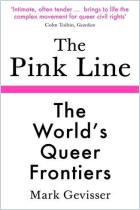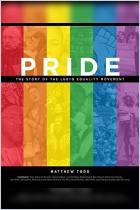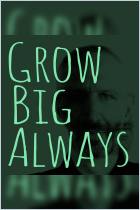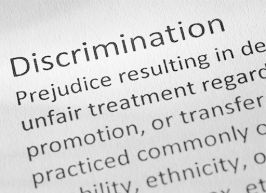French journalist Frédéric Martel traveled to almost 60 countries to interview activists, artists, business owners, politicians and average citizens to document how gay culture develops around the world. Martel describes community structures; business development; legal and political landmarks; the impact of the Internet and social networking; national, regional and international politics; the role of TV, movies and music; and religious and cultural constraints. While gay men are Martel’s primary focus, he also addresses the lesbian, gay, bisexual and transgender (LGBT) communities.
The Evolution of Gay Culture and Rights
Early in the morning on June 28, 1969, police officers entered a bar in New York City’s Greenwich Village. Their supposed goal was to check for illegal alcohol sales. Inside the Stonewall Inn, officers caught men dancing together, something many places in the United States prohibited at that time. When the cops arrested 13 people for “nonnormative behavior,” a riot ensued. Almost 400 people took part in an uprising to oppose police raids.
Stonewall marked a turning point in gay rights in America. At the time, the word “gay” wasn’t in frequent use. For example, The New York Times banned it until 1987. The World Health Organization classified homosexuality as a mental illness until 1990. President Barack Obama designated the Stonewall Inn as a national monument to mark its role in gay pride and human rights.
The societies in which gays live influence their progress. Local norms affect public perception of sexual identity and the way that lesbian, gay, bisexual and transgender (LGBT) residents build their communities through...
Frédéric Martel, the author of nine books, is a foreign affairs columnist for Slate.fr, the producer/host of Soft Power, a French radio show, and a researcher at ZHdK Zurich and Sciences Po Paris. Patsy Baudoin translated the book from the original French.




















Comment on this summary or Iniciar a Discussão